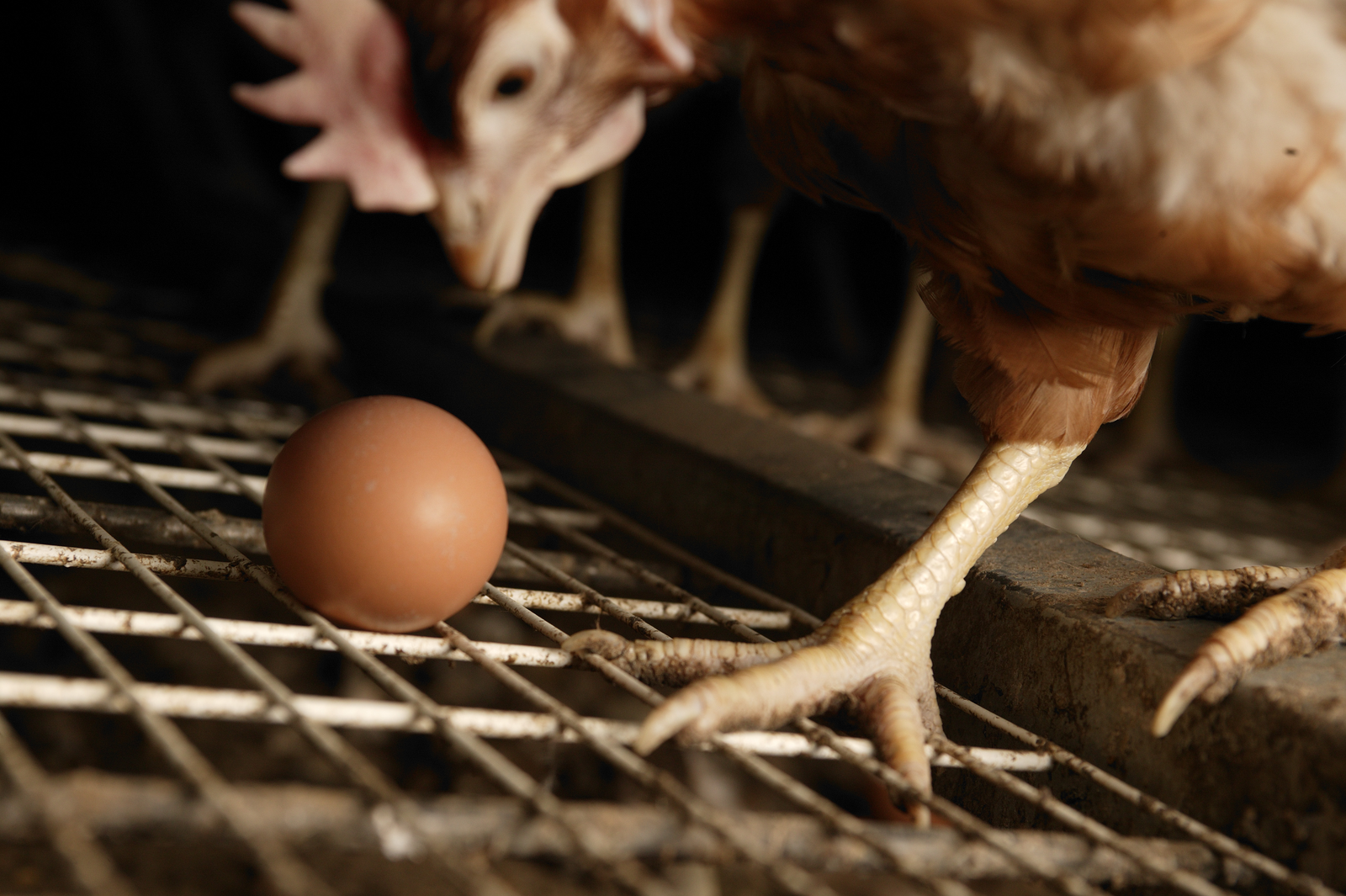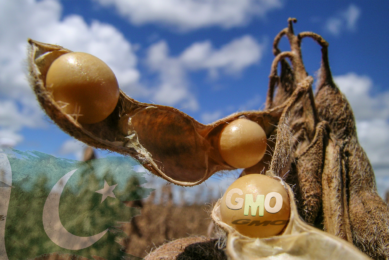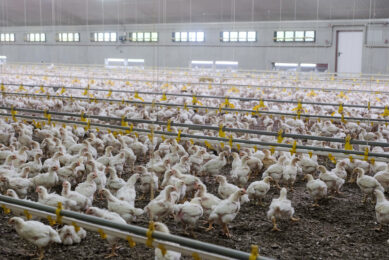Misleading promotion of soy-free fed hens

Chino Valley Ranchers advances false information and distorted quotations ascribed to scientists to support the concept of their “soy free” eggs, says Simon M. Shane on egg-cite.com. “The claims made by Chino Valley Ranchers are unfounded and reflect adversely on all eggs produced in the US.”
Simon Shane: “Chino Valley Ranchers claims that their organic omega-3 eggs are produced by flocks which are not fed soybean meal. The company maintains that their product cannot induce a soybean allergy “due to an absence of all soy protein inside of the egg.” Claims are made in their literature that soy protein is linked to hypothyroidism, early puberty and other effects as claimed in The Whole Soy Story by Kaayla Daniel, which lacks scientific support and acceptance by epidemiologists, dieticians and the medical community.
Misquoted in Chino Valley Ranchers literature
“Literature circulated to support Chino Valley Ranchers “soy-free” eggs misquotes Dr Monica Giusti, associate professor in the Department of Food Science and Technology at the Ohio State University. Direct communication with Dr Giusti confirmed that her research as misquoted in the Chino Valley Ranchers literature, related to the presence of flavenoids and not soy proteins in eggs. Flavenoids are health-promoting and their structure is completely different from amino acids. Since allergens are proteinaceous in composition, the presence of flavonoids derived from soybeans and deposited in eggs is beneficial and in no way can induce an allergic reaction.”
Soybean meal meal fed to hens does not induce allegic reactions
“Dr Steve L Taylor, professor at the Department of Food Science and Technology and Co-Director of the Food Allergy Research and Resource Program at the University of Nebraska-Lincoln, confirmed that the two significant soy allergens are glycinin and conglycinin. These compounds are not transferred to eggs laid by hens fed soybean meal. Dr Taylor also confirmed that isoflavones are not proteins and therefore are not allergenic.”
All broilers are fed soybean meal
Shane continues: “All commercially raised broilers, turkeys and egg-producing flocks in the US and most other nations are fed soybean meal in their diets and there are no records of soy-allergic individuals undergoing adverse reactions from consuming chicken or turkey meat or eggs. Since isoflavones are not allergens, it is not necessary to label products as to their potential to induce an allergic reaction. Phytoestrogens are a natural component of soybeans but do not pass from the diet of the hen to the egg and any statements to the contrary are spurious.”
Desist from making false claims
Shane concludes: “The claims made by Chino Valley Ranchers are unfounded and reflect adversely on all eggs produced in the US. Distorting science to create anxiety among consumers and denigrating competing products with the objective of commercial profit is reprehensible. The promoters of these “soy-free” eggs should either justify their claims with presentation of scientific data from an acceptable research institute or should cease and desist from making false claims. Continuing to disparage both conventional and organic eggs by insinuation and implication in their promotional literature is disingenuous. Where is the FDA when you need them?”
Source: egg-cite.com











